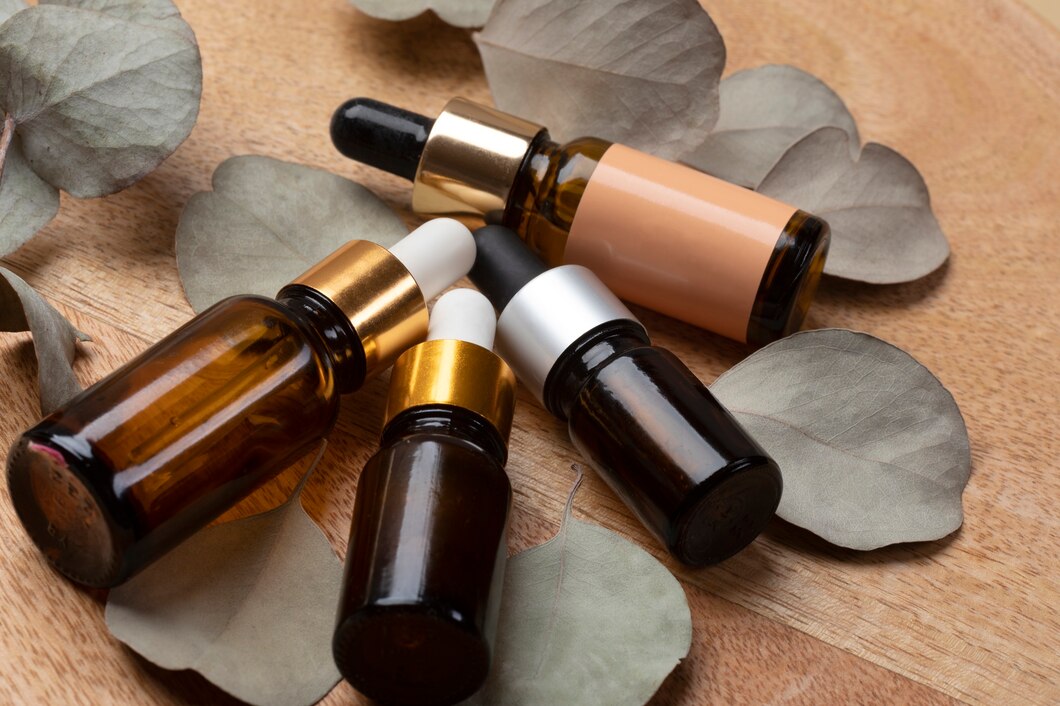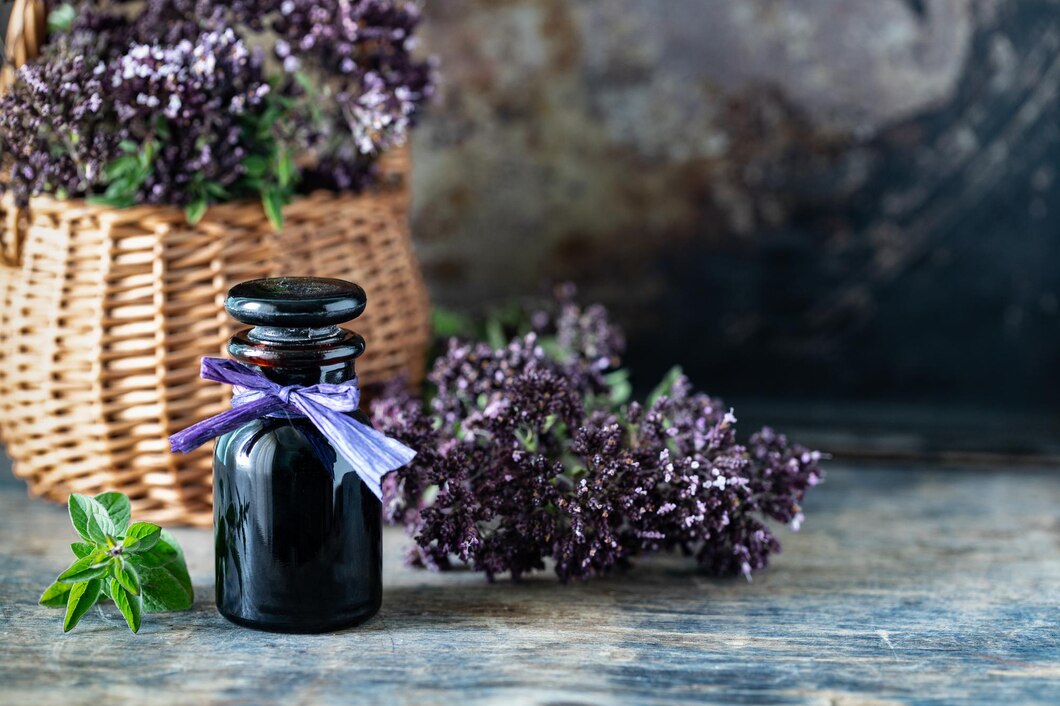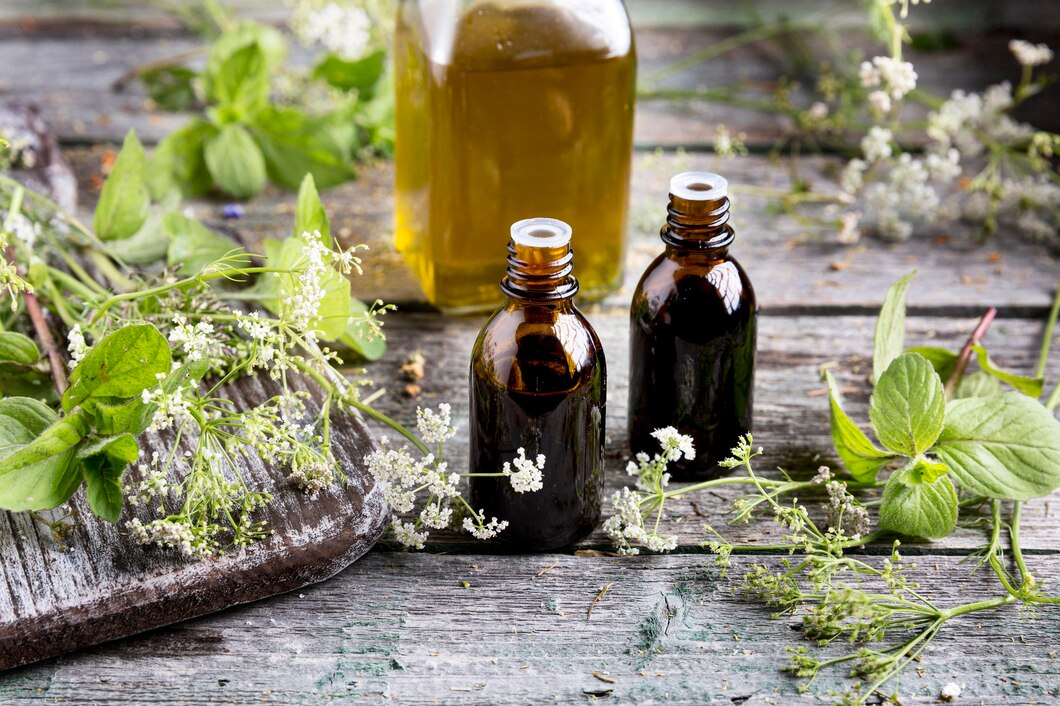
Essential Oils for Stress & Sleep: Best Scents & Uses
Modern life can be overwhelming. Stress, anxiety, and sleep issues are every day. Luckily, essential oils can help you relax and sleep better. These plant extracts soothe the mind, reduce tension, and boost well-being. This guide covers the best scents and how to use them for relaxation and sleep improvement.
How Essential Oils Work

Essential oils are highly concentrated plant extracts and have healing abilities. When inhaled or applied, they affect the brain’s limbic system, which governs emotions and sleep. Essential oils can deliver powerful aromatherapy benefits for relaxation and joy, and they are also easy to incorporate into your routine.
Benefits of Essential Oils for Stress & Sleep
- Reduces stress and anxiety by calming the nervous system.
- It enhances mood by boosting serotonin and dopamine.
- Improves sleep by regulating melatonin production.
- Eases muscle tension when used in massage.
- Supports deep breathing for relaxation and clarity.
Pro Tip: Use high-quality, 100% pure essential oils for the best results.
Best Essential Oils for Relaxation
1. Lavender – The Ultimate Stress Reliever
Lavender is one of the top essential oils for relaxation. It’s known for its calming effects.
How It Helps:
- Lowers heart rate and blood pressure, bringing calm.
- Reduces anxiety and depression symptoms.
- It improves sleep quality by relaxing the mind and body.
How to Use:
- Add 5-6 drops to a diffuser before bed.
- Mix with a carrier oil and apply to temples or wrists.
- Spray diluted lavender mist on pillows for sleep improvement.
Pro Tip: Combine lavender with chamomile for extra soothing.
2. Chamomile – The Gentle Relaxant
Chamomile essential oil eases nervous tension and promotes peace.
How It Helps:
- Calms an overactive mind, reducing worry.
- Promotes restful sleep as a mild sedative.
- Soothes headaches and muscle pain.
How to Use:
- Add a few drops to a warm bath for relaxation.
- Massage diluted oil into your feet before bed.
- Diffuse in your space for a peaceful atmosphere.
Pro Tip: Use Roman chamomile for sleep and German chamomile for stress.
3. Ylang Ylang – The Mood Balancer
This floral-scented oil reduces stress and uplifts your mood.
How It Helps:
- Lowers cortisol, the stress hormone.
- Boosts feelings of joy and positivity.
- Supports hormonal balance during PMS or menopause.
How to Use:
- Add 2-3 drops to a carrier oil for a calming massage.
- Inhale deeply from the bottle when anxious.
- Blend with bergamot for enhanced aromatherapy benefits.
Pro Tip: Use ylang-ylang sparingly; its scent can be intense.
Best Essential Oils for Sleep Improvement

4. Cedarwood – The Natural Sedative
Cedarwood’s woody aroma helps those with insomnia.
How It Helps:
- Stimulates melatonin production for deeper sleep.
- Reduces restlessness and nighttime awakenings.
- Offers a comforting, earthy aroma.
How to Use:
- Diffuse 4-5 drops in the bedroom an hour before bed.
- Apply diluted oil to your chest or neck.
- Combine with vetiver for more profound relaxation.
Pro Tip: Cedarwood is excellent for children who struggle to sleep.
5. Vetiver – The Deep Sleep Enhancer
Vetiver has a rich, grounding scent for deep relaxation.
How It Helps:
- Calms, racing thoughts and nighttime anxiety.
- Encourages deep sleep phases.
- Helps regulate breathing and heart rate.
How to Use:
- Mix with a carrier oil and massage into your feet.
- Inhale from a tissue before bed.
- Diffuse with lavender for maximum relaxation.
Pro Tip: Vetiver’s earthy scent is strong—use a small amount.
6. Sandalwood – The Mind Soother
Sandalwood is known for its grounding effects, which are perfect for nighttime.
How It Helps:
- Reduces anxiety and mental chatter before sleep.
- Lowers stress by calming the nervous system.
- Encourages mindfulness and meditation.
How to Use:
- Add to a diffuser during evening meditation.
- Mix with jojoba oil and apply to pulse points.
- Blend with frankincense for a more profound meditative experience.
Pro Tip: Sandalwood also enhances spiritual awareness and clarity.
How to Incorporate Essential Oils into Your Routine
To get the most aromatherapy benefits, use these methods:
1. Diffusion for Ambient Relaxation
- Add 5-10 drops of your chosen oil to a diffuser.
- Run it for 30-60 minutes before bedtime.
- Try blends like lavender and cedarwood for better effects.
2. Topical Application for Direct Absorption
- Always dilute essential oils with a carrier oil.
- Apply to pulse points, temples, or the back of your neck.
- Massage into your feet before bed for full-body relaxation.
3. Aromatherapy Baths for Ultimate Unwinding
- Mix 5-10 drops of essential oil with Epsom salts.
- Add to warm bathwater and soak for at least 15 minutes.
- Use oils like chamomile or ylang-ylang for deep relaxation.
4. Pillow Sprays & Bedtime Mists
- Combine distilled water with essential oils in a spray bottle.
- Mist onto pillows and bedding before sleep.
- Use calming blends like lavender and vetiver for sleep improvement.
Pro Tip: For best results, use essential oils consistently each night.
Aftermath

Essential oils can be used as a natural remedy for stress management and sleep improvement. Whether for relaxation or to receive their aromatherapy benefits, these oils can help restore balance to your mind and body.
Have you used essential oils to help you ease stress or to get better sleep? Share your experiences below!


